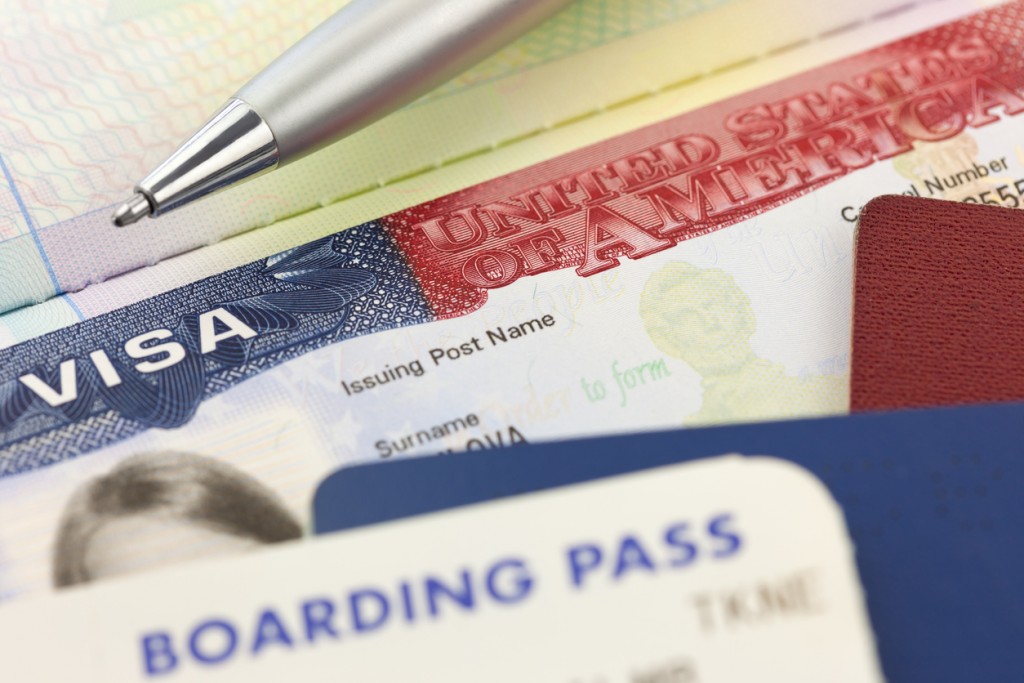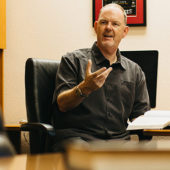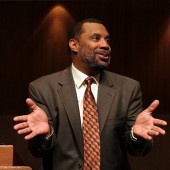Do you like to have a structured life where everything is planned out in advance?
Does this personality trait influence your parenting as well?
Arlene Pellicane talks about the power of free play in the life and development of children. Research shows that unstructured play is vital in the development of children. However, studies also show that kids are playing less than ever before.
Often, parents will try to give their kids unstructured play time and the kids will come back to them saying they don’t know what to do. They have become so accustomed to being entertained by screens or being kept occupied with busy schedules.
“If your child is able to play by themselves and they’re used to that, guess what, they rely on themselves. They figure out. They don’t have to ask you about every single decision.”
It is crucial for children to develop the ability to play by themselves, because later on in life they must be able to learn to make decisions for themselves. When Arlene was younger, she was an only child and spent time playing the role of a store owner.
“It helps you to realize, this is how you might run a business, this is how you might interact with customers, and you’re learning that all by yourself.”
When parents become too involved in planning and structuring the lives of their children, it hinders their development as individuals.
“Our children are not used to making any decisions for themselves, and they turn into adults that look around and say, ‘what am I supposed to do now,’ and you want children who grow up who say ‘I know what to do with this time, I’ve got a million ideas.’”
In an attempt to raise our children perfectly, which is impossible, we structure the lives of our children as we see fit. In reality, we should give our children freedom to learn and grow as a individuals while continuing to guide them to spiritual maturity.






















